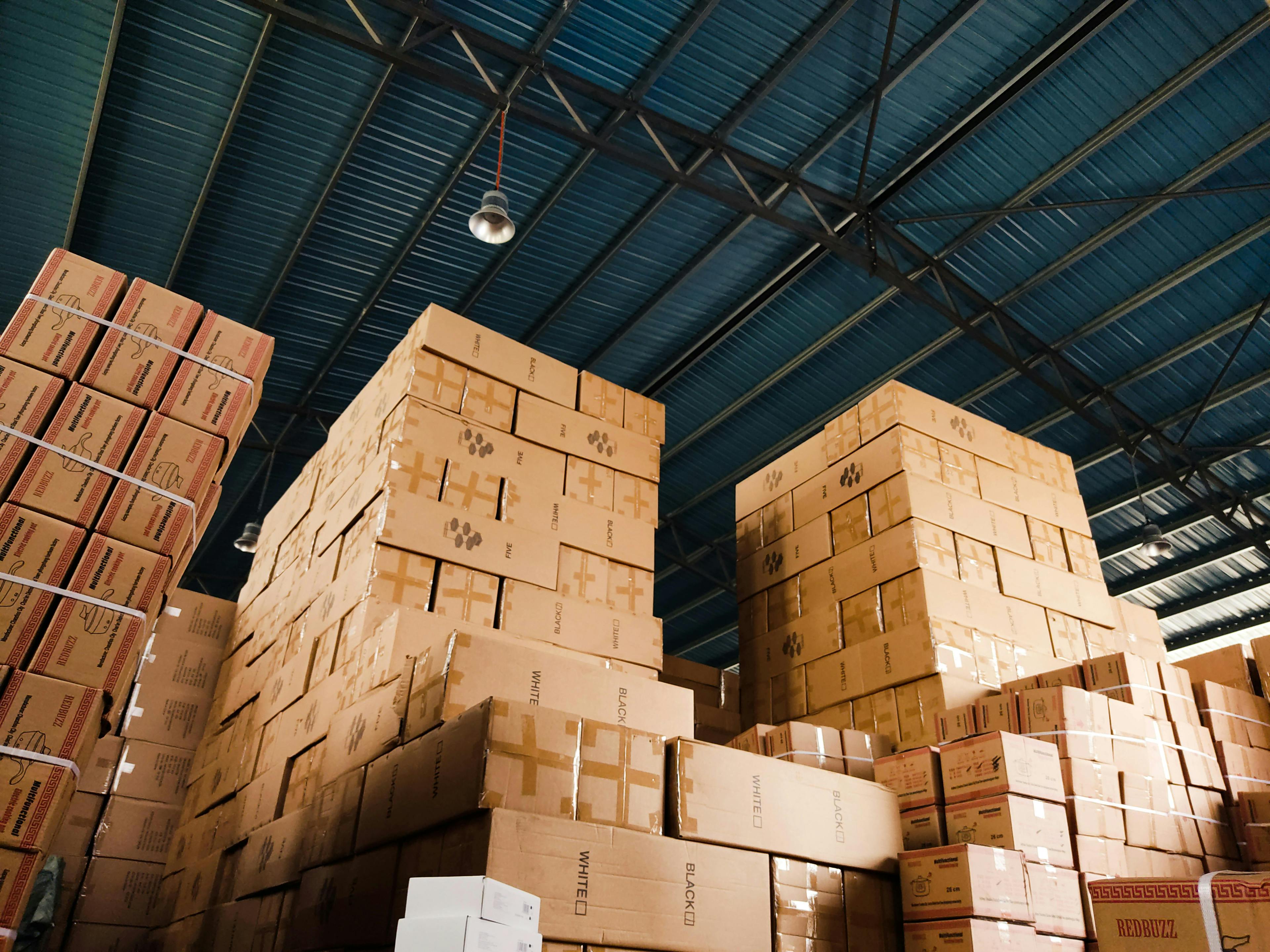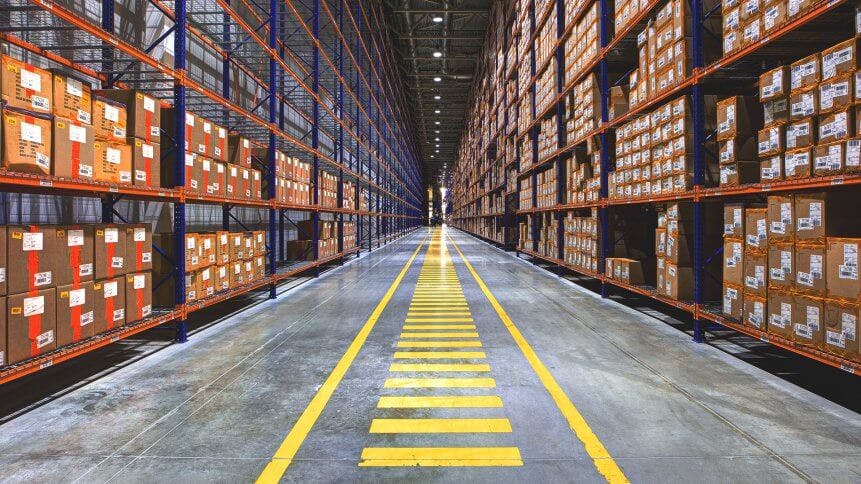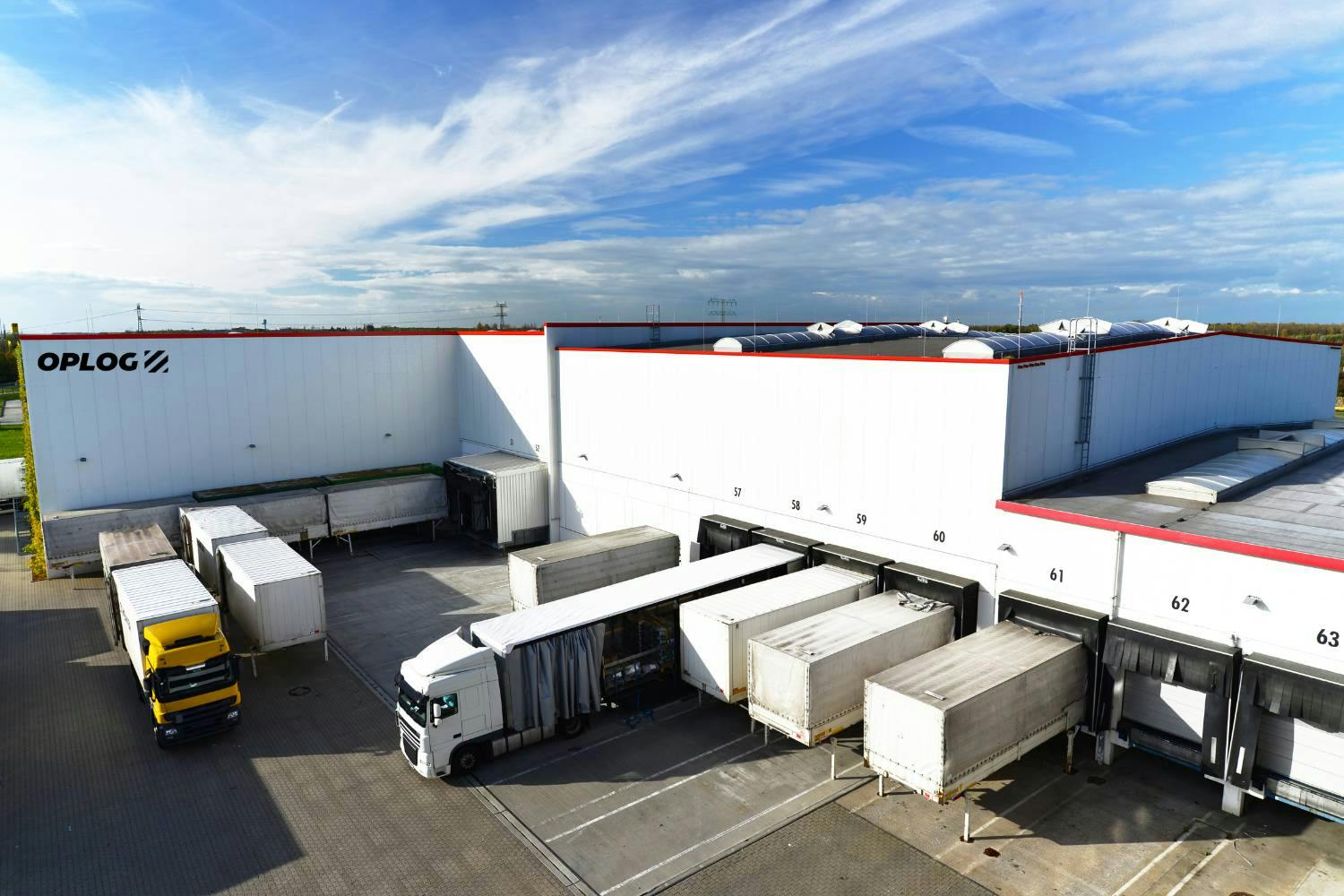When you engage in B2C fulfillment, you’re managing the process of quickly picking, packing, and sending individual orders directly to your customers. Unlike B2B fulfillment, where you might deal with large shipments to other companies, B2C focuses on handling smaller orders from customers who shop online.
Understanding B2C eCommerce
B2C (business-to-consumer) eCommerce is where your business sells products directly to individuals. You typically do this through your online store, which is popular because it's user-friendly and provides a personalized shopping experience for your customers.
What is the Difference between B2B and B2C?
In B2B vs B2C eCommerce, you’re dealing with large quantities of goods sold to other businesses, often under contractual agreements, in B2B eCommerce. On the other hand, when you focus on B2C, you’re selling directly to your customers with an emphasis on quick service and personalized attention. B2C involves smaller, more frequent orders, and your goal is to make shopping easy and enjoyable for each customer.
Key Characteristics of B2C eCommerce
Your B2C eCommerce operations are all about selling directly to customers through your online platform. This model thrives on several essential characteristics that differentiate it from B2B eCommerce and make it appealing to individual shoppers.
Direct Customer Interaction
In B2C eCommerce, you engage directly with your customers, eliminating intermediaries. This direct interaction allows you to build personal relationships and gather immediate feedback, which is crucial for improving customer satisfaction and loyalty.
Personalized Marketing Strategies
You can tailor your marketing efforts to individual customers, using data-driven insights to create personalized shopping experiences. This might include targeted ads, customized email campaigns, and recommendations based on previous purchases, which help in enhancing customer engagement and increasing conversion rates.
Shorter Sales Cycles
B2C transactions typically have a shorter sales cycle compared to B2B. Customers make quicker purchasing decisions based on factors like product features, reviews, and immediate needs. This means you need to focus on creating a seamless and persuasive buying journey that encourages quick decisions.
Higher Order Volume
Unlike B2B transactions, which often involve bulk purchases, B2C deals with a higher volume of smaller orders. This requires efficient order management systems to handle multiple transactions simultaneously, ensuring that each customer receives their order promptly.
Secure Online Payments
Ensuring the security of online payments is paramount in B2C eCommerce. You need to implement robust payment gateways and encryption technologies to protect your customers' financial information and build trust in your online store.
The B2C Order Fulfillment Process
To excel in B2C order fulfillment, you will need to manage order processing, packing, and shipping effectively to ensure that your customers get their orders on time and are happy with their purchase experience.
Order Processing and Management
When your customers place an order, you’ll process it by confirming payment, updating inventory, and preparing for shipping. This includes checking your stock, preventing fraud, and prioritizing urgent orders. Automated systems can help you speed up these processes and improve accuracy, ensuring that orders are handled quickly and correctly.
Picking and Packing
Efficient picking and packing are crucial components of your fulfillment process, ensuring that orders are accurately compiled and safely delivered to customers. To enhance this process, you should implement strategies that streamline operations and boost customer satisfaction.
Picking Strategies
Consider employing methods like zone picking, where workers are assigned to specific areas of your warehouse to gather items. This approach not only reduces the time spent locating products but also improves overall efficiency and accuracy in order fulfillment.
Quality Control
Implement robust quality control checks during the packing stage to verify that each order is accurate and meets your quality standards. This practice helps reduce the likelihood of errors and returns, ensuring that customers receive the correct items in excellent condition.
Custom Packaging
Invest in custom packaging solutions to safeguard your products during transit and enhance the customer’s unboxing experience. Tailored packaging not only protects items from damage but also adds a personal touch that can foster brand loyalty and repeat business.
Shipping and Delivery
After packing, you’ll ship the orders to your customers’ addresses. Offering various shipping options, such as fast or international delivery, can meet the diverse needs of your customers. Providing real-time tracking will allow your customers to follow their orders and adds transparency to your service.
Importance of B2C Fulfillment in eCommerce
Effective B2C fulfillment UK is crucial for your customer satisfaction, reducing costs, and supporting business growth. Delivering orders quickly and accurately helps you maintain a strong market presence and build long-term relationships with your customers.
Enhancing Customer Experience
Providing a great customer experience through timely deliveries, accurate order handling, and easy returns helps you build customer loyalty. Customized packaging and clear communication will further enhance customer satisfaction and encourage positive reviews.
Reducing Operational Costs
By choosing the right warehouse locations, improving inventory management, and implementing efficient fulfillment systems, you can reduce your operational costs and increase profits. Strategies like just-in-time inventory and smart packing help you minimize waste and improve efficiency.
Improving Efficiency and Scalability
Using technology like robotic picking and data analytics can help you operate more efficiently and scale your business without compromising on service quality. By analyzing customer trends and planning your inventory, you can support business growth and adapt to market demands.
Challenges in B2C Fulfillment
You’ll face challenges in B2C fulfillment, such as handling high order volumes and managing returns. It’s important to address these issues to keep your operations running smoothly and your customers satisfied.
Managing High Order Volumes
Managing fluctuating order volumes, particularly during peak seasons, poses a significant challenge for businesses. The sudden surge in orders can strain existing resources and lead to delays in order processing and fulfillment. This challenge is critical as it directly impacts customer satisfaction and the overall efficiency of your operations.
To avoid disruptions during peak periods, businesses should invest in scalable infrastructure and flexible staffing solutions. Scaling your operations allows you to meet increased demand without compromising on service quality. Effective resource management and proactive forecasting are essential strategies to efficiently allocate resources and streamline operations during high-demand periods.
Handling Returns and Exchanges
Efficiently managing returns is paramount for maintaining high levels of customer satisfaction and trust. Returns are a natural part of eCommerce but mishandling them can lead to dissatisfied customers and increased operational costs. Clear and transparent return policies, coupled with quick and hassle-free refunds, are fundamental to building customer confidence and loyalty.
Implementing robust software solutions for reverse logistics can streamline the returns process. These tools automate the processing of returned items, from customer initiation to product inspection and refund issuance. By optimizing the returns workflow, businesses can mitigate the impact of returns on operations and enhance overall customer experience.
Ensuring Timely Delivery
Meeting customer expectations for fast and reliable delivery is a constant challenge in eCommerce. Timely delivery not only enhances customer satisfaction but also impacts brand reputation and repeat business. Failure to deliver on time can lead to customer dissatisfaction and potential loss of future sales opportunities.
To ensure prompt delivery, businesses should prioritize logistics excellence and partner with reliable shipping providers. Advanced tracking systems enable real-time monitoring of shipments, providing customers with visibility and peace of mind. Efficient inventory management practices, such as just-in-time stocking, minimize delays and optimize order fulfillment processes. Clear communication throughout the shipping process ensures customers are informed and satisfied with their shopping experience.
Choosing a B2C Fulfillment Provider
Selecting the right fulfillment partner is crucial for maintaining operational efficiency and ensuring customer satisfaction. Evaluating providers based on their capabilities, technology, and customer support will help you find a partner that aligns with your business needs.
Fulfillment Capabilities and Capacity
When choosing a provider, prioritize those capable of managing your current and projected order volumes, handling multiple warehouses, and effectively managing peak seasons. Experience in handling delicate goods and adhering to industry standards is also essential to ensure reliable service.
Technology and Automation
Opt for providers who leverage advanced technologies like AI-driven analytics and automated order processing. Integrating these technologies with your existing systems will streamline operations and maintain high service standards throughout the fulfillment process.
Customer Service and Support
Effective customer support is critical for a seamless fulfillment experience. Evaluate providers based on their responsiveness and problem-solving capabilities to ensure they can effectively resolve issues and enhance overall customer satisfaction.
B2C Fulfillment Strategies
Implementing effective B2C fulfillment strategies enhances operational flexibility and customer satisfaction. Focus on optimizing logistics and meeting the diverse needs of your customer base.
Drop Shipping
Consider partnering with vendors who offer direct shipping to your customers. This approach reduces inventory costs and simplifies logistics management. Selecting reliable suppliers ensures timely delivery and maintains product quality, which are essential for fostering customer trust.
Distributed Inventory
By strategically placing inventory in multiple fulfillment centers, you can minimize shipping distances and expedite delivery times. Efficient inventory management across these centers ensures reliable service and enhances the overall customer experience.
Leveraging Third-Party Logistics (3PL)
Outsourcing fulfillment to experienced 3PL providers allows you to focus on core business activities while benefiting from their specialized logistics expertise and infrastructure. Tailored services such as warehouse management and shipping further optimize operational efficiency and contribute to business growth.
B2C Fulfillment FAQs






